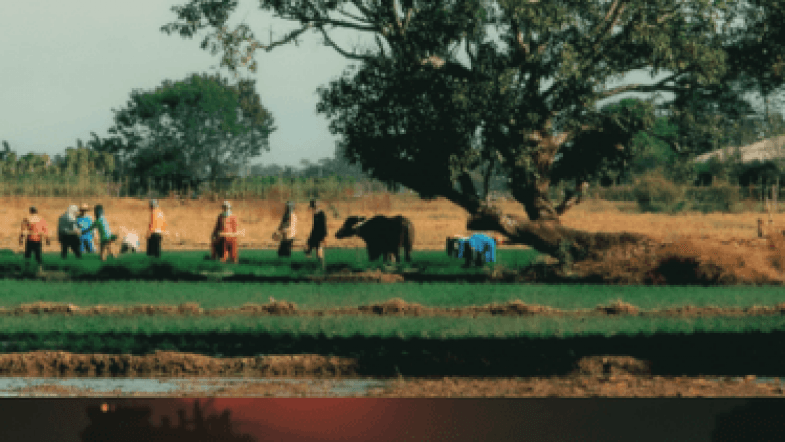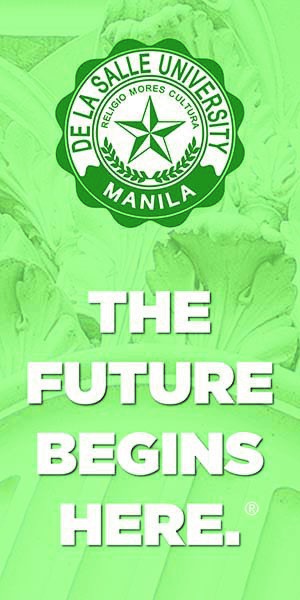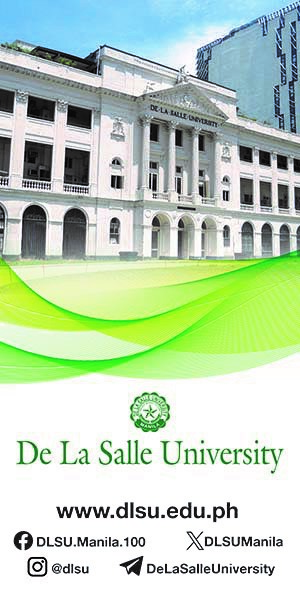
One of De La Salle University’s fast-rising faculty researchers, Dr. Ann Franchesca Laguna, seeks to build artificial intelligence (AI) that can learn how to learn in a faster, more energy-efficient way.
In 2022, the Philippine Statistics Authority released a report on Information and Communication Technology (ICT) that covered 17 sectors in the non-core ICT industries. Of the 275,735 establishments it had surveyed in 2019, the agriculture, forestry, and fishing and other service activities lagged behind in terms of use of computers and internet access, among others.
IT opportunities remain expensive and elusive for many Filipinos, noted Laguna. “My ultimate goal is to democratize artificial intelligence. I hope we can bring it to more people, like farmers or fisherfolk who don’t easily get access to the internet when they’re out in the middle of the farm, or the ocean, or the forest,” she says.
A faculty member of the DLSU Department of Computer Technology, Laguna recently completed her post-grad at the University of Notre Dame in Indiana, USA, where she was able to explore her interests in digital signal processing, artificial intelligence, and software-hardware co-design. During that period, she became a member of the Applications and Systems-driven Center for Energy-Efficient Integrated Nano Technologies (ASCENT), one of the centers in the Joint University Microelectronics Program of Semiconductor Research Corporation.
From her experience at ASCENT, Laguna directed her research thrust toward creating a greener, more accessible AI. Co-authored research papers that came out in Nature Electronics and Nature Communications (top tiered-ranked journals in Scopus) reflected her move toward that direction. Her continuing research on meta-learning is multifaceted, with her team tackling both software and hardware components; she is handling the architecture, algorithms, and application part.
“Meta-learning is a way to teach the AI to actually learn how to learn,” she points out. Laguna further explains that the project is an attempt to make AI think a little bit closer to how humans do, as it creates layers of memories and learns to infer from old data. As an analogy to the software component part of the research, she gave an example of a person who can play the violin wanting to learn another stringed instrument like the cello. “You can certainly pick up some of the things that you learned when you were playing the violin, and apply it to the cello,” she explains.
“When we talk about AI, we talk about huge amounts of data. But with our project, what we wanted is for the AI to be able to learn with only a few examples,” she says, adding that “with meta-learning, we teach the machine to be able to reuse what it learned in the past into a different task.”
For the hardware part, her team designed “content addressable memories”, which can implement fast parallel search. “The good thing about meta-learning is that we don’t need to use huge amounts of data to be able to train artificial intelligence,” she shares. Using a hardware- software co-design approach promotes a cheaper, faster, and more energy-efficient AI (and therefore lesser carbon footprint).
As to the future of the project, Laguna expresses hope that this type of computing will be adopted by various sectors, in areas like language development, health, or agriculture. Her work in meta-learning was supported by industry partners Global Foundries and Hewlett Packard. The goal is to move towards the fabrication of an entire working chip that can be used, for instance, in speech production. She shares that doing so can be quite expensive, but work continues anyway.
Contact: Dr. Ann Franchesca Laguna | ann.laguna@dlsu.edu.ph













